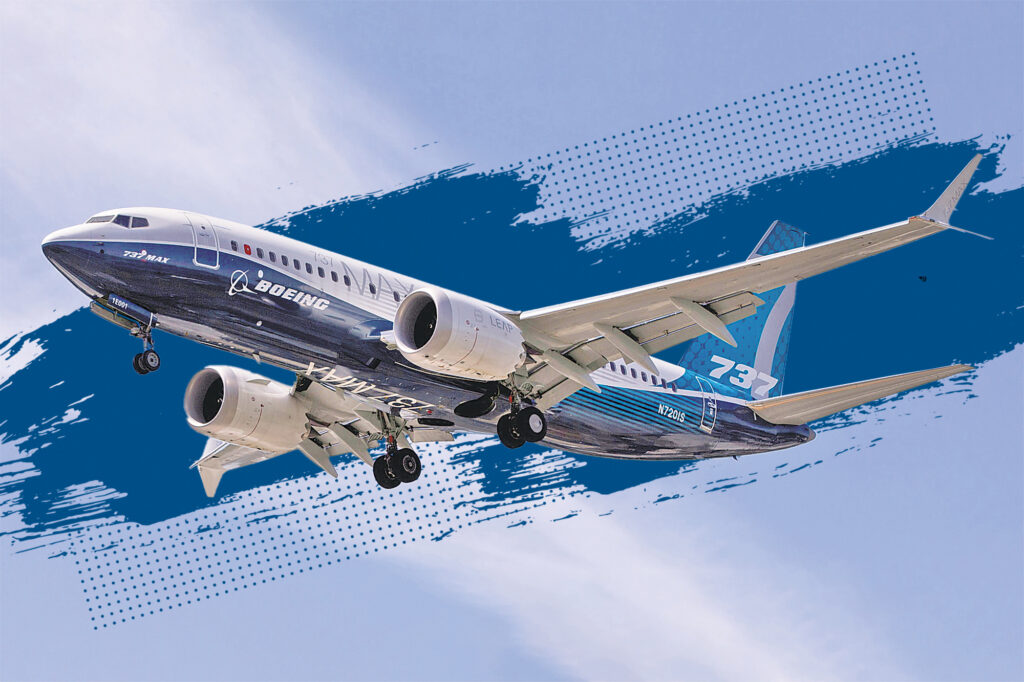(Reuters) – Boeing Co said on Wednesday that it planned to ramp up production of its 737 MAX jets to 38 per month by year-end, while backing its annual cash-flow goal, offering some relief to investors after a new manufacturing snafu threatened to derail deliveries.
Boeing (NYSE:BA)’s jet deliveries and free cash flow targets — which it reaffirmed Wednesday, along with earnings per share that missed analyst expectations — are being closely watched as the company tries to recover from a series of crises since two fatal MAX crashes in 2018 and 2019.
Reuters reported earlier this month that Boeing’s schedule called for suppliers to ramp up to 38 737 MAXs a month in June. That is seven jets more than its current production rate.
Production of the widebody 787 Dreamliner has stabilized at three, the planemaker said, adding that it would increase to five per month by year-end.
Rework on the 737 “will impact the timing of deliveries over the next several months; however, we remain confident in the operational and financial goals we set for this year,” Boeing CEO Dave Calhoun wrote in a letter to employees.
Calhoun added in a statement that the company was “progressing through recent supply chain disruptions.”
The latest 737 manufacturing problem – which involves two brackets that were incorrectly installed on the fuselage made by Spirit AeroSystems (NYSE:SPR) – raised questions about Boeing’s ability to meet its annual targets.
“Boeing doesn’t really have much choice but to stay the course on its planned production ramp, even if the latest 737 MAX issues will hold up deliveries, add to working capital, and leave the company with a lot to do in the second half,” Vertical Research Partners analyst Robert Stallard said in a note to investors.
Overall, Boeing reaffirmed plans to generate $3 billion to $5 billion in free cash flow this year, as well as deliver 400 to 450 737 MAXs and 70 to 80 787 Dreamliners. Boeing shares were up 4% in trading before the bell.
In the first quarter, Boeing’s cash burn slowed to $786 million from $3.57 billion a year earlier, as it delivered about 27% more jets. Planemakers usually receive a major portion of cash when they hand over aircraft.
Boeing reported an adjusted loss per share of $1.27, wider than analyst expectations of a loss of $1.07 per share, per Refinitiv data. Revenue of $17.92 billion beat analyst expectations of $17.57 billion.
Margins at its defense unit were negative as it recorded a $245 million pre-tax charge on the KC-46 tanker program, putting total pre-tax losses on the program at about $7 billion.
Boeing had said the manufacturing problem, which dates back to 2019, impacted a “significant” number of undelivered MAX planes in production and in storage, as well as those in service. Boeing executives are expected to detail the scope of the problem on an investor call later in the day.


